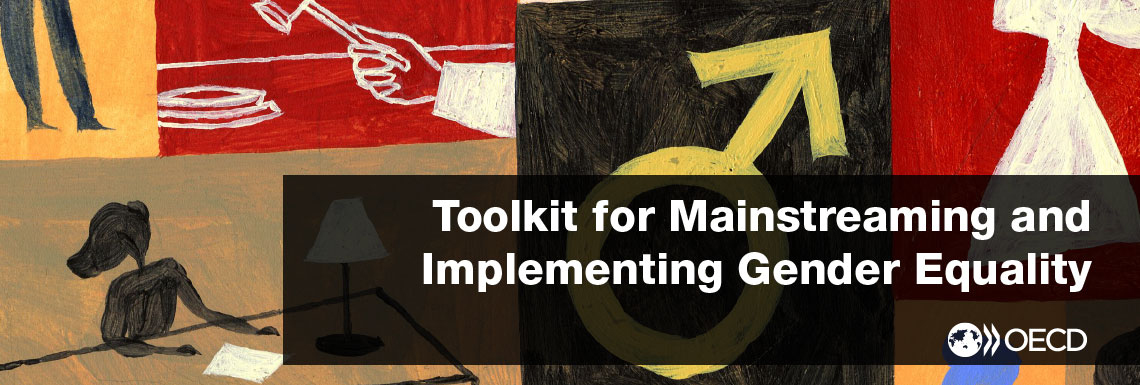Complaints are considered in an efficient, competent and impartial manner
SELF-ASSESSMENT QUESTION
- Are gender equality complaint and appeal mechanisms accessible to a broad spectrum of potential users?
- Are cases of gender-based discrimination always welcomed?
- Are cases of gender-based discrimination dealt with by competent staff?
- Are gender equality complaint and appeal bodies independent in their legal framework, functioning modality and resourcing mechanisms?
- Are gender equality complaint and appeal bodies given the right level of authority and influence to effectively deal with cases of gender-based discrimination?
WHY IS IT IMPORTANT?
To fulfill their mandate, complaint and appeal mechanisms need to have sufficient human and financial resources, as well as clearly defined roles and responsibilities. The reporting mechanisms should be tailored to the needs of the potential users, and the complaint handling procedure should be publicized to ensure transparency and accountability. The complaints review process should be timely, independent, objective and impartial. There should also be an appeal process whereby an independent panel reviews the result of a complaint or of a decision on a complaint.
ACTIONS TO CONSIDER
- Ensure that independent gender equality complaint and appeal mechanisms/ bodies have access to the necessary funding and expert staffing;
- Acknowledge receipt of the complaint as soon as possible, and inform the complainant on potential follow-up and timeline;
- Widely disseminate information on how the complaint mechanism works. Including: timelines; who, where and how can a complaint be submitted; what outcomes can be expected; what rights and protection are guaranteed, including confidentiality and anonymity; where and how can the complainant be followed up, including appeal process, etc.;
- Establish an independent appeal panel, as well as criteria on its independence and operations.
PITFALLS TO AVOID
- Insufficient human and financial resources available to complaint and appeal mechanisms/ bodies;
- Unclear timelines and procedures for how complaints are handled;
- Lack of clear information on how the complaint will be handled (responsibilities, timelines, outcomes);
- Absent or insufficient safeguards to protect independence of an appeal mechanism/ body.
COUNTRY EXAMPLES
Austria
According to the National Action Plan for Gender Equality in the Labour Market and following amendments to the Equal Treatment Act, since 2011, employers (including the civil service), are required by law to compile reports on the average earnings of women and men. The Ombudsman for Equal Treatment and the Equal Treatment Commission play a key role in the review of complaints.

